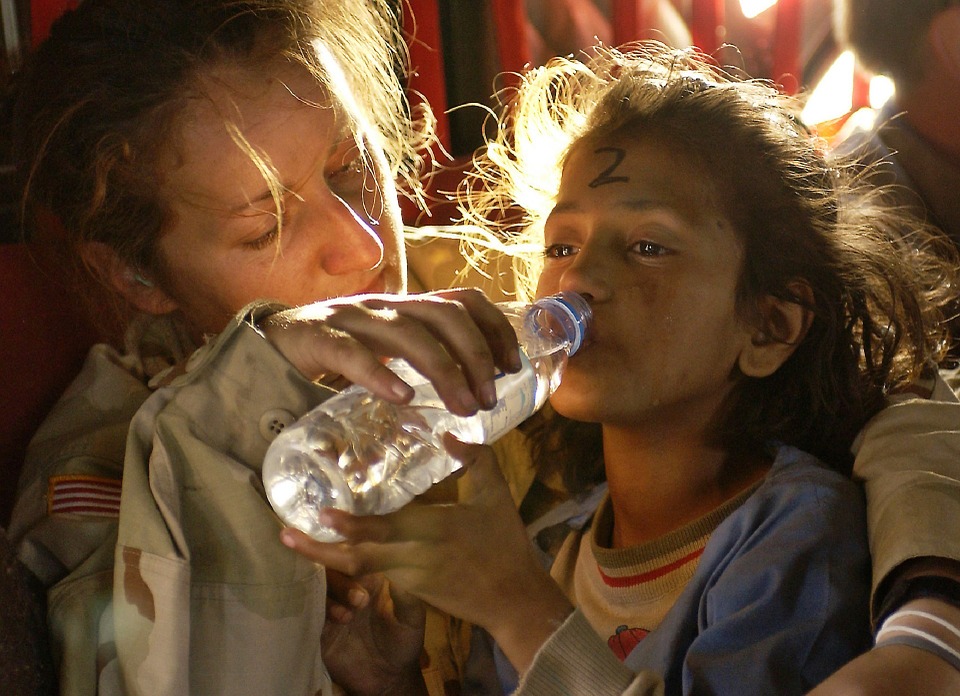Canada’s Feminist Foreign Aid Policy is Commendable, But Critics Argue Canada Can Do More
Refugees around the world flee violence at home and sometimes they end up in danger elsewhere. These vulnerable populations are often persecuted for their religion and culture and are treated poorly even in the countries they’ve fled to. Instead of finding refuge, they’ve only found more fear. But countries like Canada can do their part in the resettlement of these populations, giving them safer homes. For more information about Canada’s refugee resettlement programs, contact a refugee lawyer.
Budget Spending for Vulnerable Women
As part of Canada’s federal Budget 2018, the government proposed spending $20.3 million over five years to bring in another 1,000 vulnerable women and girls from conflict zones around the globe. This commitment was inspired by the government’s recent resettlement of more than 1,200 mostly Yazidi women who were enslaved by ISIS.
Canada will help these women resettle with a government-assisted refugee program. The United Nations Refugee Agency will work with the Canadian government to help identify vulnerable refugee women. This program is not targeting refugees from a specific ethnic group or country. Instead, it is prioritizing those based on vulnerabilities and need.
Examples of these vulnerabilities include:
- Those in severe danger who need resettling for security reasons;
- Those who need access to specific medical care; and,
- Those who need to provide a better quality of life for their children.
Critics Argue Numbers Are Insufficient
Although Canada’s support of vulnerable refugee populations is commendable, critics say that resettling 1,000 women and girls over five years is insufficient. That amount comes to only 200 vulnerable refugees per year. And when compared to the existing number of vulnerable women and girls, it’s a very tiny fraction. There are about 11 million vulnerable women and girls around the world.
A representative from the UN said they can only resettle eight percent of refugees deemed extremely vulnerable—those who cannot survive in the countries they’ve fled to for asylum. These vulnerable populations have nowhere else to turn to, and are stuck resettling in hostile environments.
Many vulnerable women and girls experience violence, rape, and other trauma. Women may have to resort to sex work to survive and care for their children since they cannot secure employment in the countries where they are currently seeking asylum.
Canada’s new feminist foreign aid policy is a step in the right direction. But the big picture shows that 200 vulnerable refugee women a year is not nearly enough to help the many women and girls in dire need around the world. More countries need to do their part, and Canada can certainly help more vulnerable refugees with resettlement far from the danger.
Contact a refugee lawyer for more information on Canada’s refugee programs.
Share this article
Arghavan Gerami
Arghavan Gerami is the Founder and Senior Counsel at Gerami Law Professional Corporation ('PC'), a full-service immigration law firm in Ottawa, Ontario. Since 2011, Ms. Gerami has focused her practice on immigration and refugee litigation. Prior to that, Ms. Gerami worked at the Ministry of Attorney General and the Department of Justice and had the privilege of serving the Honourable Mr. Justice M. Evans at the Federal Court of Appeal on immigration and administrative law appeals. Ms. Gerami contributes to the Immigration Law Section of the Canadian Bar Association, the Canadian Association of Refugee Lawyers, and the United Nations High Commissioner for Refugees. Ms. Gerami has also published numerous journal articles and presented at various immigration and refugee law conferences and events across Canada.

